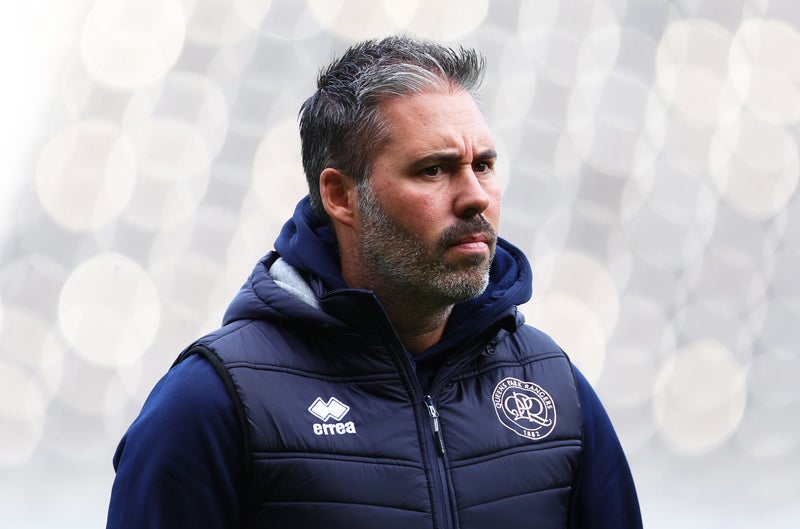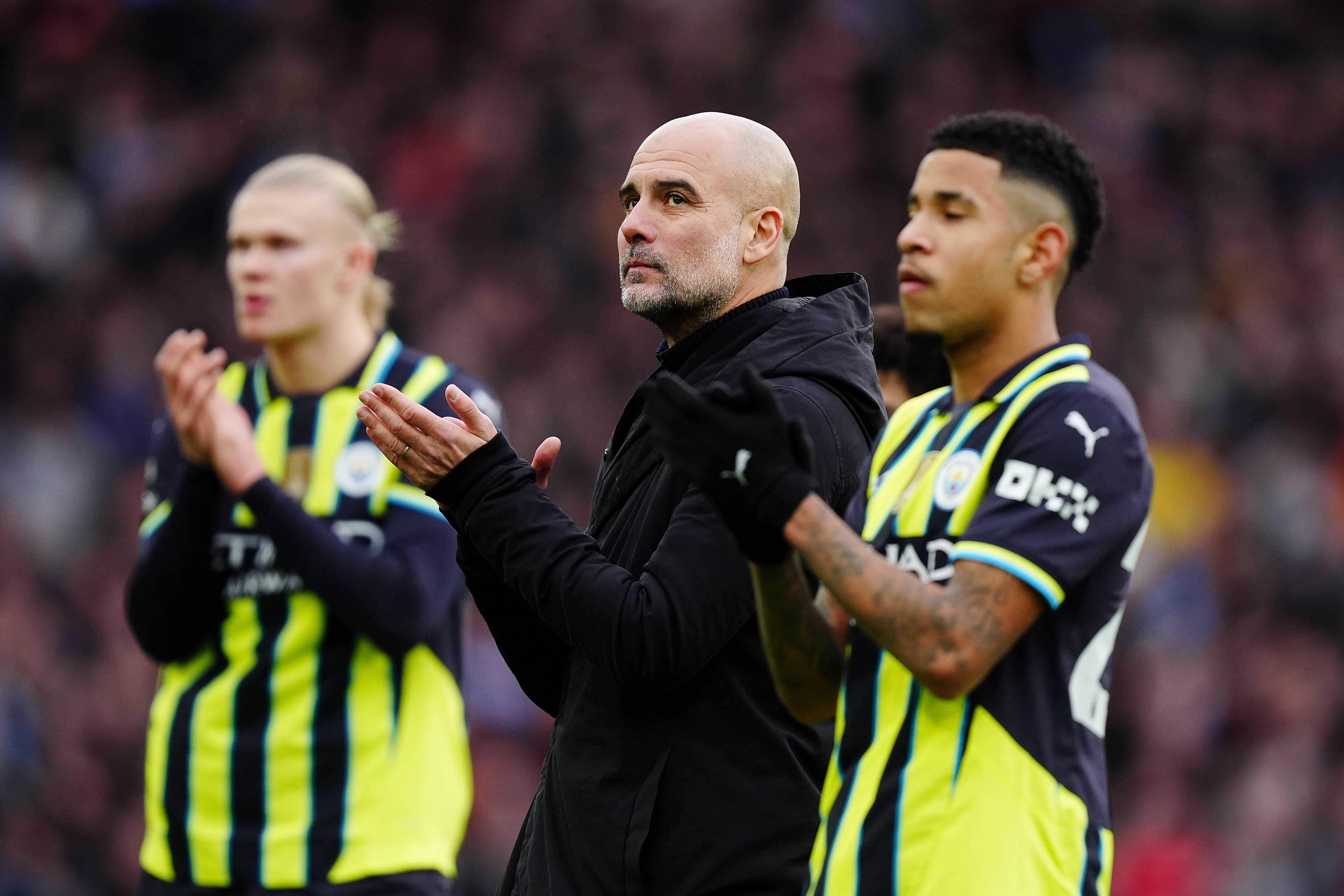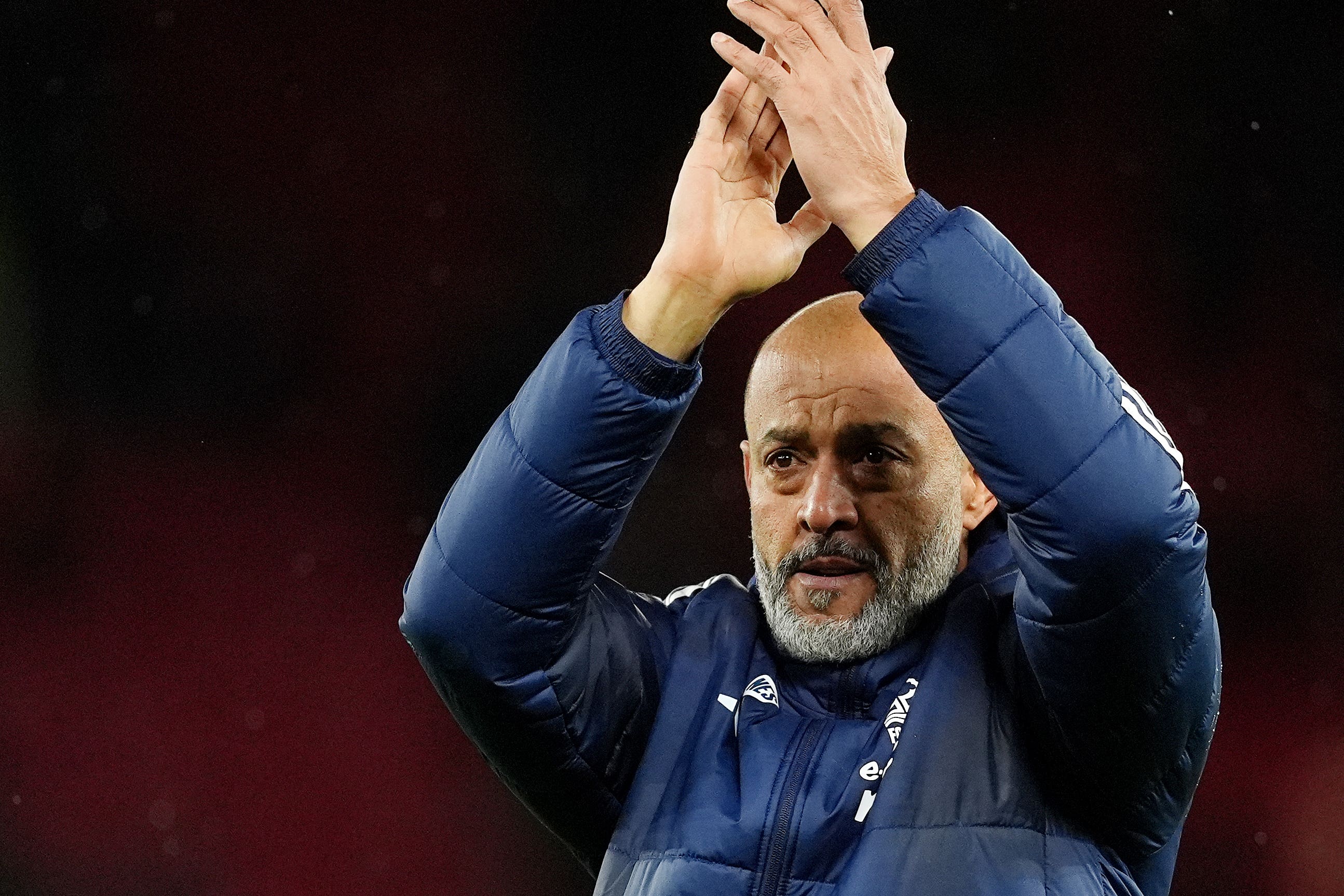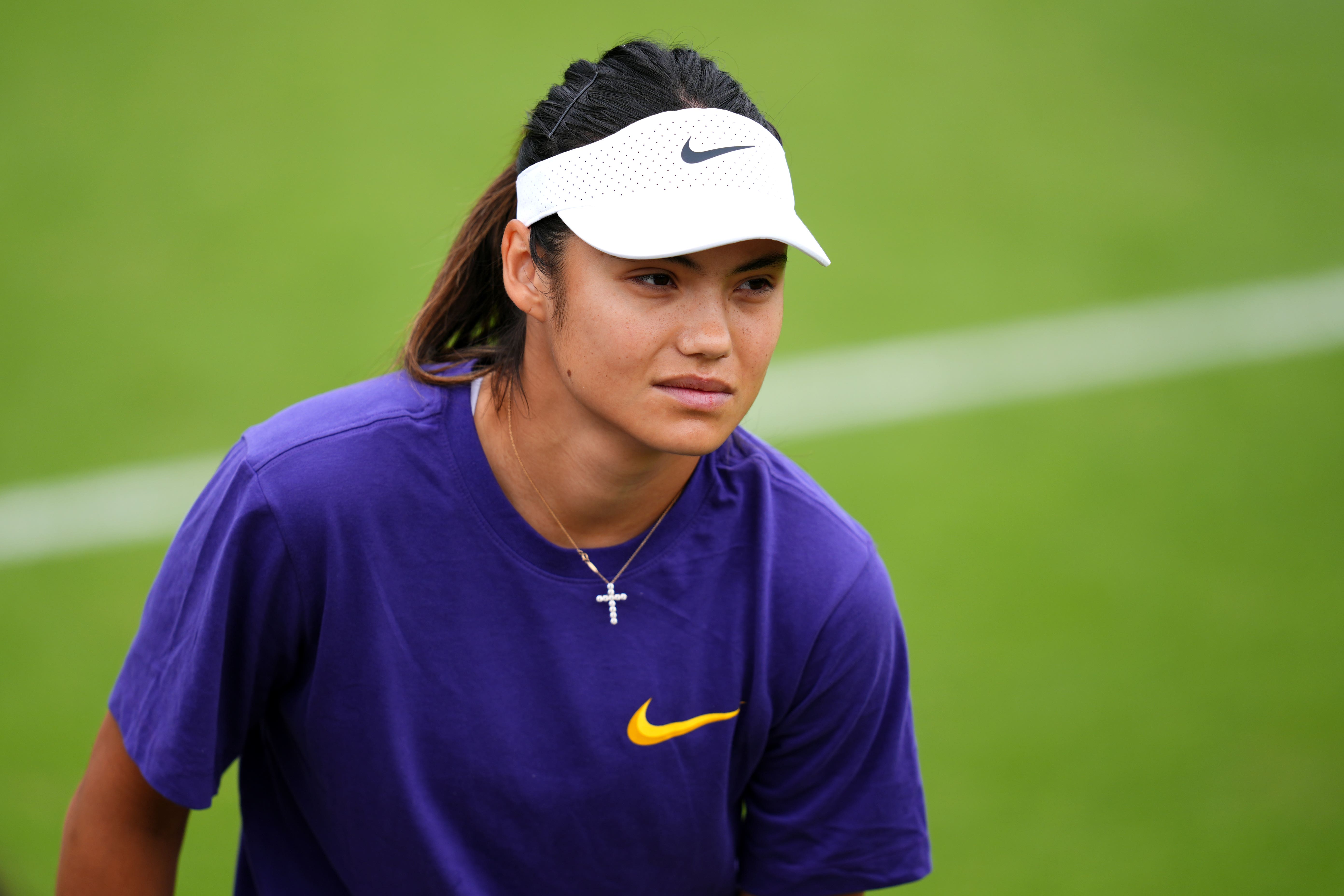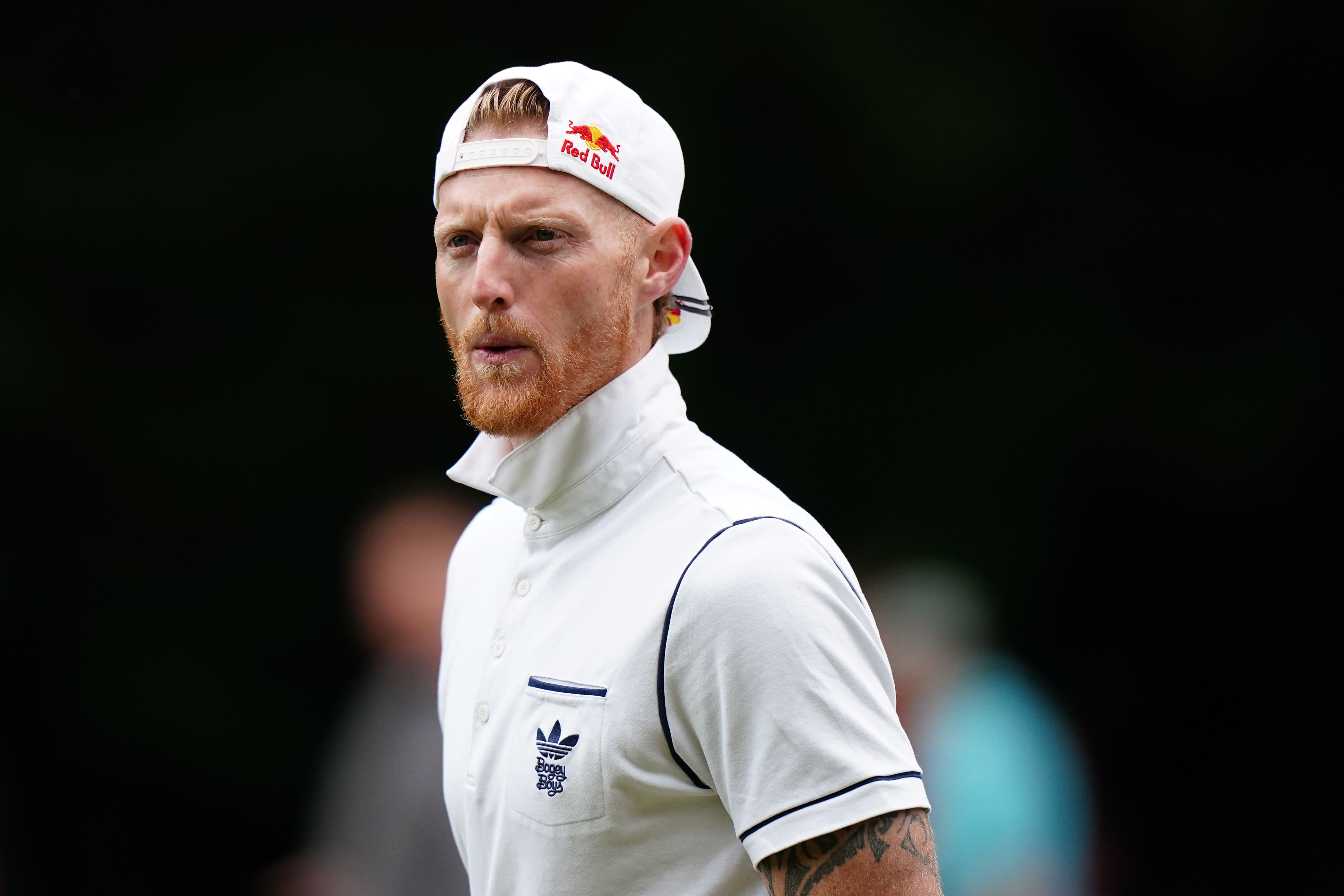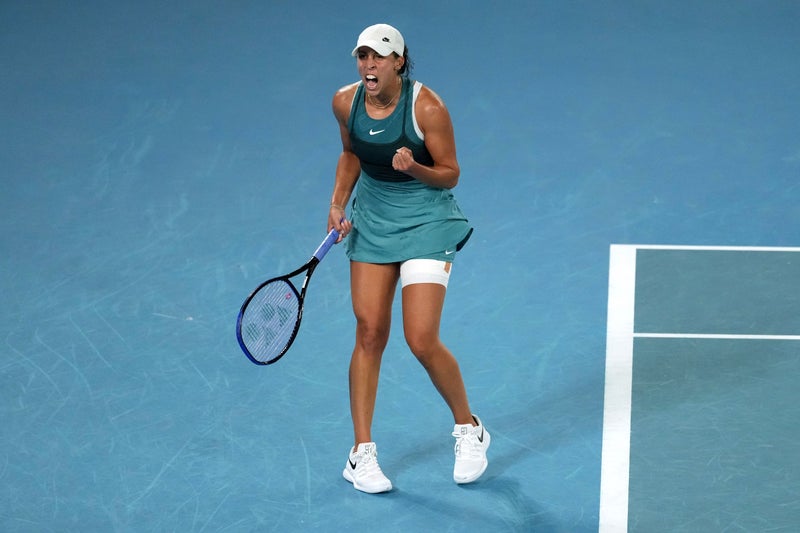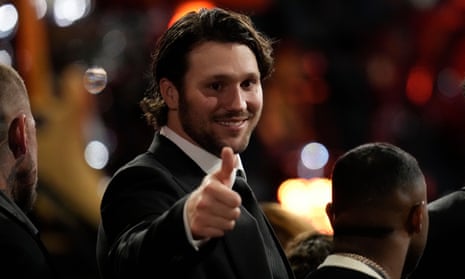As managers navigate longer injury lists as a result of increasingly packed calendar and high-intensity tactics, the work of performance directors is beginning to shape the sport, writes Miguel Delaney. Ruben Peeters and Jonathan Power aren’t too well known outside of football, but that could change over the next few months. Insiders are talking about how the deciding factor of this Premier League season might not be the star talents, or even tactics. It might be the elusive ability to fully deploy them when it matters. That will be down to sports science and performance staff, like Peeters and Power.
![[Kai Havertz suffered a season-ending hamstring injury during Arsenal’s warm-weather training camp in Dubai]](https://static.independent.co.uk/2025/02/18/8/27/GettyImages-2197250864-(1).jpeg)
The former is responsible for Liverpool’s physical performance. Power is the club’s director of medicine. Both have been integral to keeping Arne Slot’s squad healthy, which has been so crucial in keeping them clear at the top of the table. That’s how influential the intensity of the calendar has become. Little wonder people are starting to talk about those who can navigate it in the way they do modern recruitment gurus, and even set-piece specialists.
![[FifPro are in the process of taking legal action against Fifa over the sport’s ‘unworkable’ calendar]](https://static.independent.co.uk/2025/02/18/8/15/GettyImages-2188404748-(1).jpeg)
That, at least, is if coaching staff actually listen to them. Many in football certainly took note of Ange Postecoglou’s words on Sunday, after his replenished Tottenham beat an injury-ravaged Manchester United. “What’s happened to us is going to happen to other clubs,” the Spurs manager warned. “People think I’ve been making excuses all along… but trust me, other clubs will feel that as well. It’s only mid-February. There’s a fair way to go.”.
![[Tottenham’s injury crisis under Postecoglou has been passed on to Manchester United]](https://static.independent.co.uk/2025/02/18/8/19/GettyImages-2200015275-(1).jpeg)
There’s also a fair debate over who has had it worse. Many clubs would tell Postecoglou they’ve already had it just as bad, from Arsenal through Manchester City to Bournemouth. It’s not like it’s new to this season, either, as Newcastle United or Manchester United might say. Injury lists are getting longer and also staying like that for longer. That is in direct correlation with the increased fixture list, which is demanding more of players.
![[Slot’s injury record at Feyenoord was considered when Liverpool chose him to replace Jurgen Klopp]](https://static.independent.co.uk/2025/02/18/8/59/GettyImages-2199985973.jpeg)
You only have to stand back and track the changes. The calendar was already a political issue before Covid, but the pandemic forced a huge crunch. Leagues and cup competitions had to be completed in a shorter time, with the rearranged Euro 2020 ensuring there were three major men’s tournaments in three years. The other side of that is now bringing expanded European competitions and a new Club World Cup.
There has never actually been a worse time for more fixtures, and yet Fifa and Uefa seem to see it as an opportune moment. This is all as pressing entirely shapes how the game is played, with many regularly covering more than 10km a game. Some analysts estimate Newcastle winger Anthony Gordon sprints 500m per match. It is little wonder the game is starting to snap, mostly in the form of players’ hamstrings. You only have to look at the news of the last few weeks, as Kai Havertz, Gabriel Martinelli and Nicolas Jackson joined players like Joe Gomez and Micky van de Ven in succumbing. Muscle injuries like hamstrings are seen as klaxon for fatigue, and problems that should have been preventable.
Something had to give, and it’s a sad inevitability it was always going to be players’ bodies. The game’s authorities, after all, were never going to budge. In this writer’s book, ‘States of Play’, former Fifa Council member Moya Dodd describes the international football calendar as “a wealth allocation mechanism upon which the game hinges”. It is how football’s single natural resource of players is allocated, which is how money is spread. Control of the calendar means control of the game. That’s all the more pronounced when prize money translates into returned votes for football’s presidents.
This is viewed as one reason why Gianni Infantino has so personally anchored his legacy to an expanded Club World Cup, and feeds into why Aleksander Ceferin acquiesced on the expanded Champions League. And this all before the expanded World Cup for 2026. You’ll note the repetition of the same word there. Fifa should notionally be the ultimate independent regulator in this but they have become invested parties, competing for time, space, revenue and players. Tension is already building about the Premier League’s refusal to grant City or Chelsea delayed starts to the 2025-26 season over their participation in the Club World Cup.
The Premier League doesn’t see why it should bend when this has been imposed upon them, and it is mostly a money maker with no obligation to play. When people in Fifa are asked about this, a stock response is about the Premier League’s own summer series in the US. Pre-season friendlies obviously aren’t the same as a fill tournament, though. Some even believe the tension ties into Fifa wanting the all-powerful Premier League to reduce to 18 clubs. There will never be sufficient votes for that, though.






